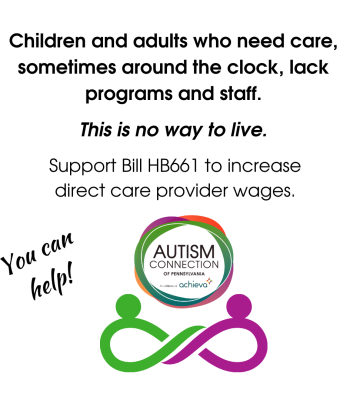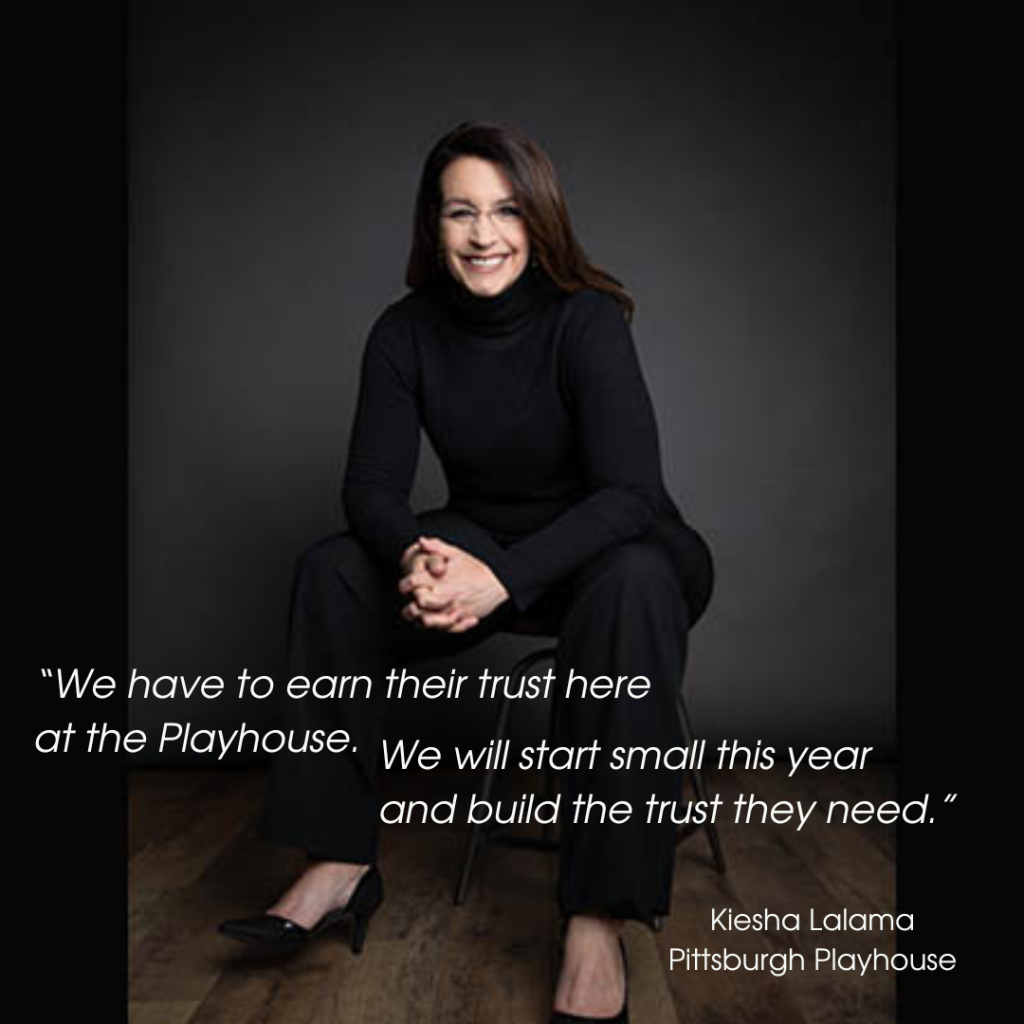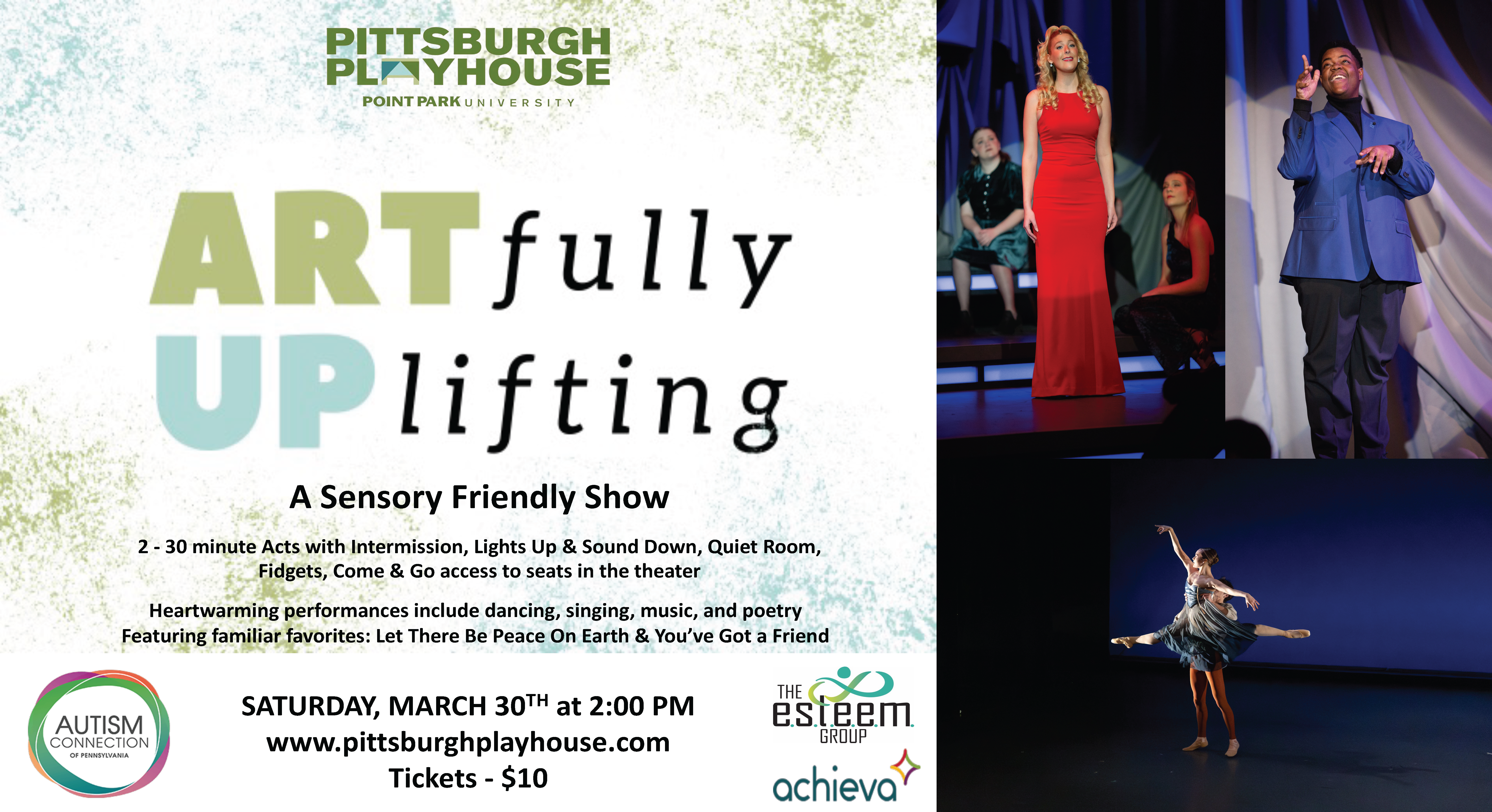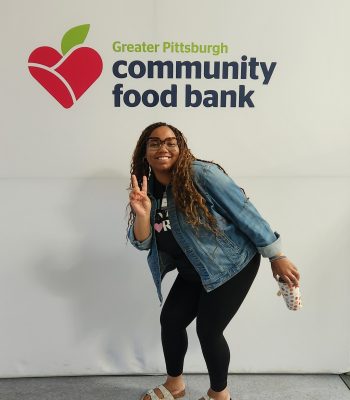Psychologist and author, Dr. Ross Greene, states, “Children do well when they can.” This notion recognizes that when children have their needs met, their behaviors eventually fall into place. This applies to all of us. We do well when we can.
We expect, somehow, for families in crisis to embrace their situations with unconditional positive regard. People are not getting what they need. They are in crisis. We must work together so we can all move forward. A parent took time to answer questions for Autism Connection — which was not an easy task considering the the events of any day can be unpredictable, unmanageable and of colossal magnitude — things that often go without consideration.
What is the single most important service lacking for your child at this stage?
Since my son just turned 18, I would have to say any and all adult services are lacking. There is not an appropriate day program for him currently available once he graduates. Social security is one denial after another, even though it is the only means for him to have any of his own money. I am fortunate that I have a pretty solid knowledge base of what to expect, what is available and not available, so I can’t imagine what all of this is like to someone going in who is completely new to this.
It’s important to note that services are lacking for all ages. Most daycares are not equipped for children with behavioral and extra needs. Preschools have waiting lists. Find someone to look after my son for a date night? Forget it. Most social skill programs are full, or not a good fit for the most affected.
Do people underestimate safety concerns?
Unfortunately, yes. The obvious concern is water safety. Every time I see a news story about a child drowning, I wait to hear that the child had autism. I’ve also seen countless parents ask about any assistance to build a fence. Our kids like to wander, and sometimes have no ability to gauge personal safety. Fences are expensive and having any sort of funding to alleviate the cost would help so many. It is incomprehensible to me that charities deny funding for this most basic safety tool, despite parents with lived experience asking for it over and over.
Because autism is often an “invisible disability”, I still have to hold my son’s hand when we’re out in public and he is 5’8″. He has frequently taken food and drinks from strangers, and other than wearing noise-canceling headphones; nothing outwardly indicates that he has a disability. Fortunately, we have mostly been met with kindness when this happens, but a few times we haven’t. I worry about our safety, as a family, if we encounter someone who doesn’t understand.
What factors keep you from going into the community?
The world in general is not sensory friendly. I plan ahead, sometimes doing a dry run, for anything that is new. My husband and I will often drive separately, so if someone has to leave with our son, one can leave while the other stays. It’s actually gotten harder to go out the older he gets. His disabilities are harder to hide, and the only reason we would want to do that is because people are cruel and judgmental. We mostly stick with a handful of “safe” places, and rarely deviate from them.
Can you make a wish list of supports and services that would help your family?
- Qualified caretakers and adult care, for sure. I can’t stress enough how disconnected I feel from my husband and friends because I don’t have an experienced person to watch my son. I just want one night every month or two to try to be out, stress free, with adults. I just don’t have that.
- Day programs for the most profoundly impacted autistic people. One that really considers all needs, from social connections, meals, cool activities, and general safety and specialized medical support for seizures and other incidents, are critical. My son has had pica for most of his life, so things like houseplants, art, and cleaning supplies pose a risk to him regardless of his adult age. That’s one reason that competitive employment or random community settings are hazardous to him without lots of support around.
- Funding for business startups: Totally wish list idea, but grants and/or special loans for parents or caregivers who have business ideas for their loved ones with disabilities. I have dreams of opening up a business where my son and others like him could do meaningful work, but start up costs are prohibitive.
- Flexible employment for parents and caretakers: I also wish more employers would understand that parents do want to work. We talk about how those with disabilities are under or unemployed. That goes for their parents too. I would love nothing more than to work a full time job and contribute financially to my household, but because of my son’s ever increasing needs, I can either only work part time, or wish for the unicorn well-paying, work from home job, that would understand if I need to take a break if my son is in the hospital.

What’s the hospitalization about?
Our son has epilepsy which frequently co-occurs with autism. This is complicated as he cannot tell us if he feels a seizure coming on (an aura) and cannot tell us how medications are affecting him at all. Also since he is nonspeaking, we need to have eyes on him at all times since we cannot just yell “Hey, Jackson (not his real name) are you okay?” to check on him, and have him answer. He has been hospitalized several times following 911 calls and ambulance rides, which he also cannot communicate during to participate in assessments. Just last month, he was on a ventilator due to a seizure. Many families like ours live with this kind of daily stress, and unexpected terror during episodes. There is not enough research or help to support any of our kids or our families.
Is there access to doctors, dentists, and other health professionals who specialize in autism?
There are not a lot of medical professionals experienced with or specializing in care for autistic adults. There are some that you find by word of mouth, if you’re lucky. At this point, I’d say I’ve had the best luck just strong-arming my way into offices we already go to. My tip is to go through the front desk staff. They always know. By asking a lot of questions and being super friendly, I’ve gotten appointments with an oral surgeon for my son’s wisdom teeth, and at my dentist for regular cleanings. I’ve been able to extend his time at his pediatrician’s office as an accommodation. But I also started to talk with my own doctor to see if they would be willing to take on my son as a patient as a backup for when he ages out. There are no “autism ready” doctors that I know of, so I’m making my own network.
How do you feel about disability services neglecting your son’s needs, such as refusing to create meaningful day programs outside of competitive employment?
It makes me really angry. The super cynical side of me wonders if my son doesn’t matter to society as a whole because he isn’t “contributing”, in the classic sense, that the people in charge find most important – maybe because that is what makes them feel most important – their jobs. Giving people like my son – and there are thousands in PA we do not see because they are isolated at home – what he needs is expensive and takes creativity and caring, and no one is willing to have programs like that.
We have senior centers and adult day programs for elderly people who also have care needs – so this feels very discriminatory. People call day programs “segregated” but nobody will be more segregated than my son when he is stuck at home once school ends.
How does your son feel when he’s out of school for prolonged periods? What, if any, behavioral changes happen during those times?
He definitely gets frustrated, bored, and will sometimes act out. I’m only one person, and I can’t give him the kind of attention, structure, and activities that school can. We have another child who also needs to be cared for and entertained, and my husband works extra time, since I can’t contribute financially to the best of my abilities. So I’m trying to be a one-woman show. I think we all get burned out from that.
How do you practice self-care?
The short answer is I don’t. I can’t pick up and leave for a relaxing weekend or girls’ night out. There are places that offer respite for parents, but don’t provide childcare, so how are we supposed to take advantage of that? On school days, I do get a little bit of time to myself, so when I’m not cleaning, doing housework, or working (I work from home part time), I work out in our garage gym. My husband built it during the pandemic, and it is my one sanctuary.
How many other families would you guess you are in contact with who share your thoughts and feelings about this?
I’ve been on several day program tours with other families from school, and we’re all in the same boat. We all feel that none are appropriate for what our kids need. There are a lot of parents of kids transitioning to adulthood that just feel lost.
I am also a member of online parent groups and have been over the past 16 years. There is a tremendous amount of unmet needs there, just like we have at my house. Who is going to listen to people who can’t influence politics (no money or power), who can’t donate to a big charity and have strings pulled, and who have shrinking social networks due to staying home to keep people safe? We are a large but powerless population.
It’s exhausting when someone who doesn’t know you, your family, or your situation says that every decision you make is wrong. Whether it’s about what therapies you choose to use, school to attend, wording to describe your loved one’s diagnosis, we can’t seem to make the right decision. At the end of the day, my husband and I are trying to raise our son to be as healthy as possible, while keeping him safe. It’s increasingly difficult to do that when those who don’t know our situation, or want to acknowledge how severe of a disability autism can be, are making decisions for us.
I’d like to encourage caregivers, family friends, anyone who loves a family with profound autism, to contact their local government representatives. If you can, take your person with autism with you. They need to see what we are dealing with. They need to know that the solution is not one size fits all. We are struggling. We need more support. We need more funding. We need others to stand with us and help us.
The autism community — the entire autism community — is in crisis. This is not about levels, it’s about human beings who need help. We are beyond awareness and acceptance. We are beyond words. It’s time for action.
You can help by contacting your Pennsylvania legislator to support the Proposed PA Budget Increase for Intellectual Disability and Autism (ID/A) Services System. Compose your message here.
We recognize that much more needs to be done, that there are gaping holes in services and programs in all ages and stages in the autism community and that people are in great need. This is one step people can take in Pennsylvania.




















